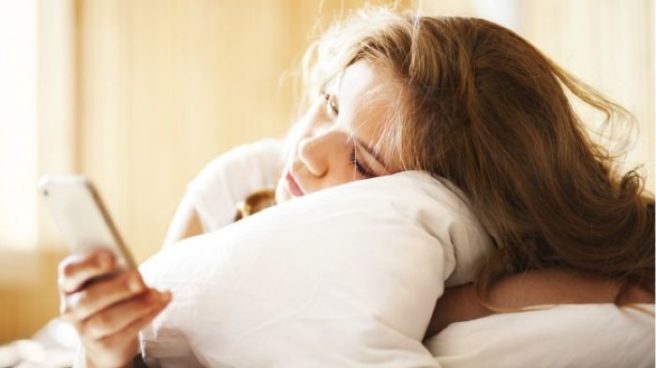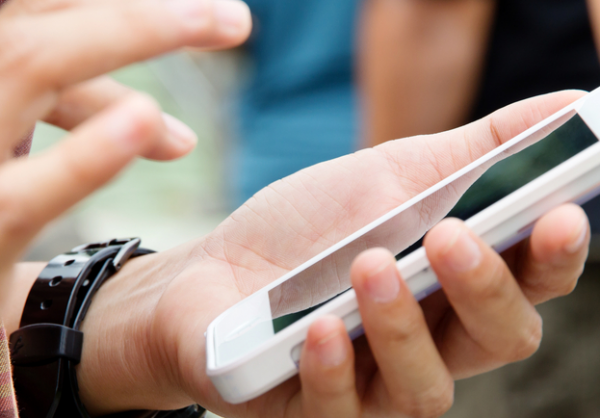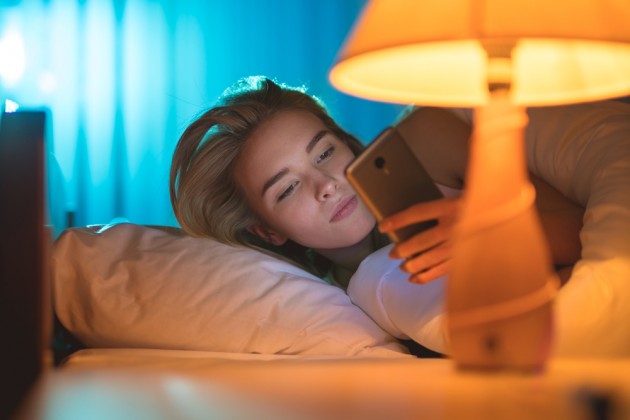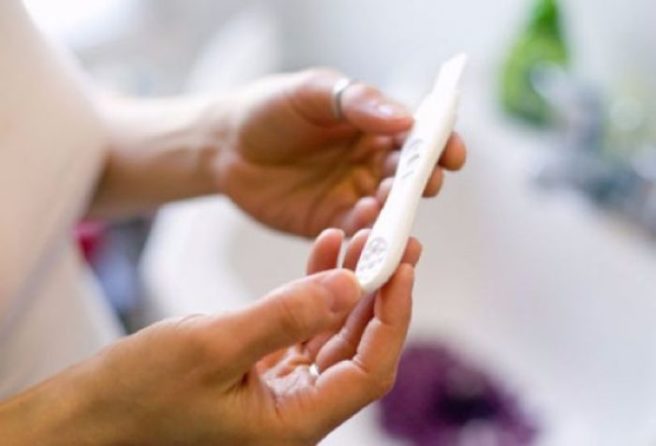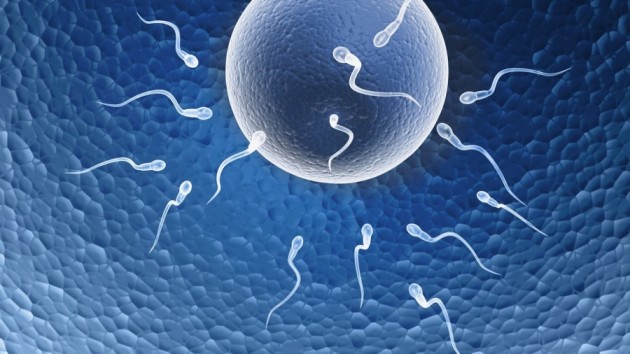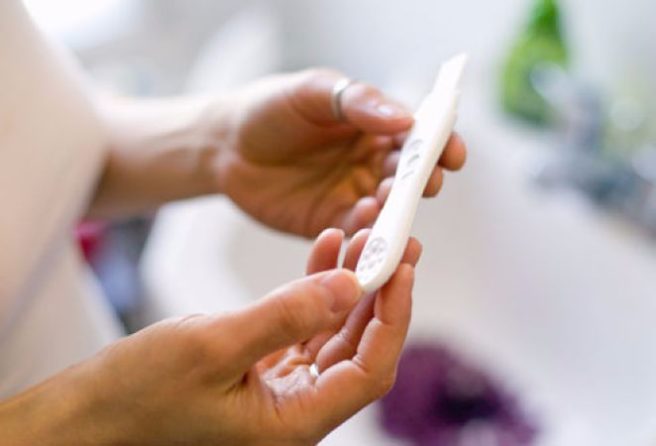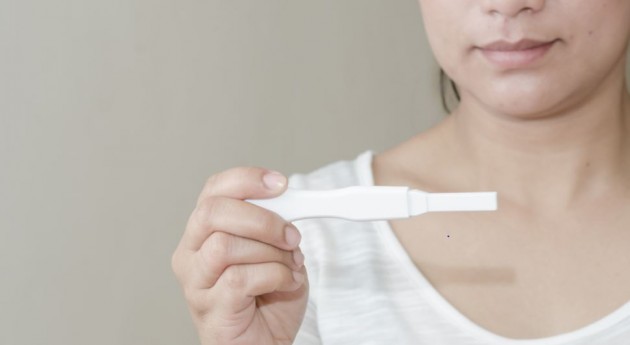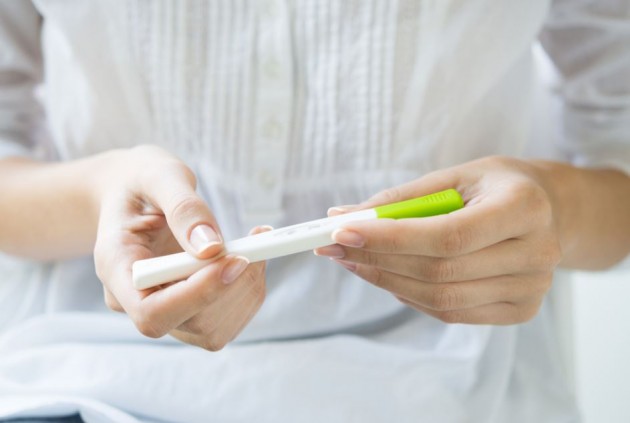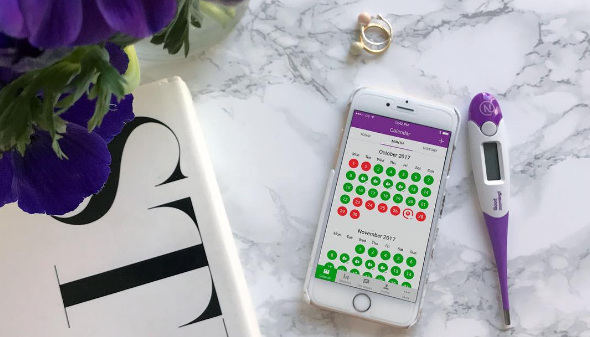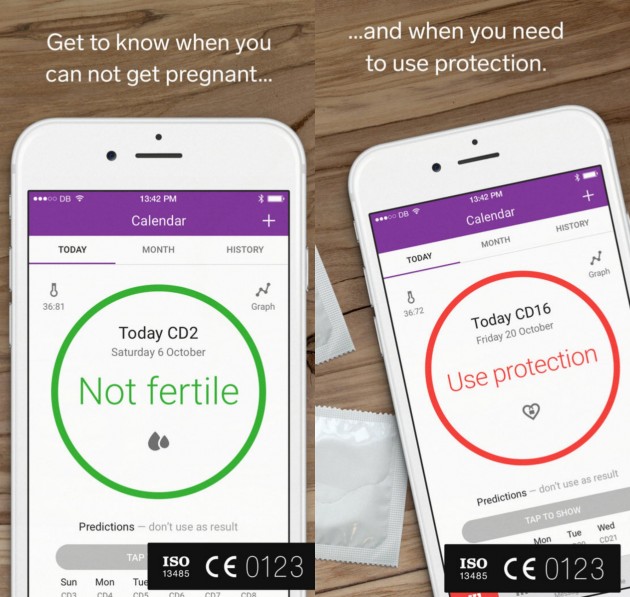
‘Time will tell’: Jessie J talks fertility in moving post
It has been a roller coaster week for Jessie J, that's for sure.
The singer first revealed devastating news during a concert at the Royal Albert Hall in London where she told fans that she was told she couldn't have children.
She said on stage, ''So four years ago, I was told that I couldn't have children, and it's OK, I'm going to have children, trust me. When the doctor told me, my reaction was, 'Oh hell nooooooo.''
''I wanted to write this song for myself in my moment of pain and of sadness. But, also to give myself joy and give other people something that they can listen to in that moment when it gets really hard."
Since then, her fans have been showering her with love and support, and Jessie too to Insta to thank them for their encouragement and kind words.
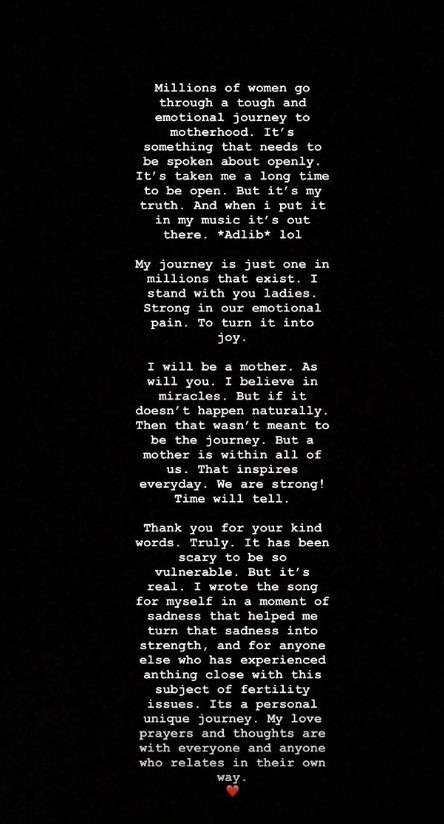
The 30-year-old took to Instagram stories to say that, "The love and support I have received has been overwhelming. I was told 4 years ago I won't be able to have children. I was also told I would need a hysterectomy immediately and to be put on medication."
Jessie also revealed that she "refused" the procedure.
She continued, "I'm off all medication through natural medicine and diet change. I haven't given up hope. I am doing all I can to make it happen the best way my body will allow."
Then the singer crafted a beautiful message about motherhood and her own plans for it.
She wrote, "My journey is just one in millions that exist. I stand with you ladies. Strong in our emotional pain. To turn it into joy."
She continued, "I will be a mother. As will you. I believe in miracles. But if it doesn't happen naturally. Then that wasn't meant to be the journey. But a mother is within all of us. That inspires everyday. We are strong! Time will tell."
She concluded with, "Thank you for your kind words. Truly. It has been scary to be so vulnerable. But it's real.''
We are in awe of her sharing this painful but hopeful story.
So many women experience fertility issues and if we all stand together and talk candidly about them, we can help each other.
Fair play, Jessie.











